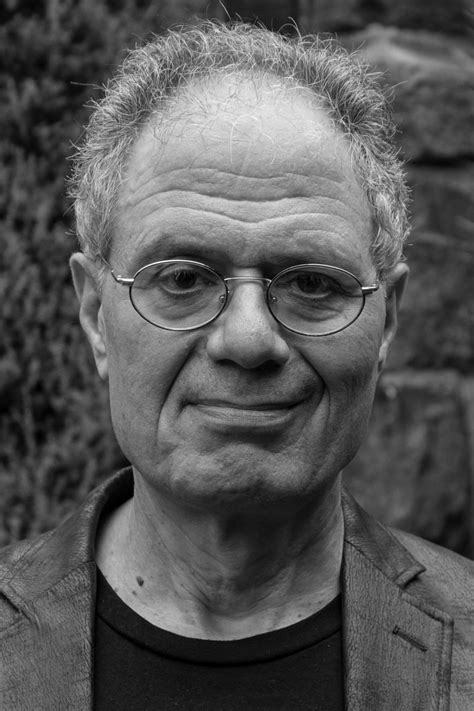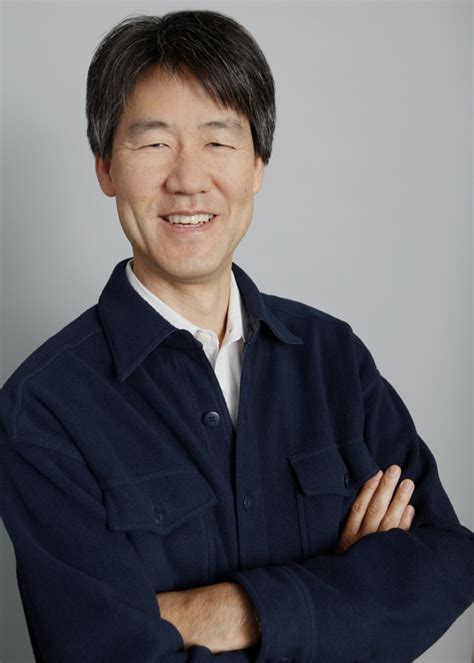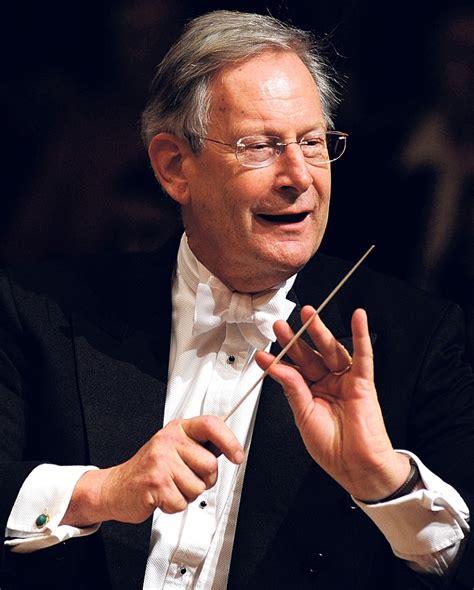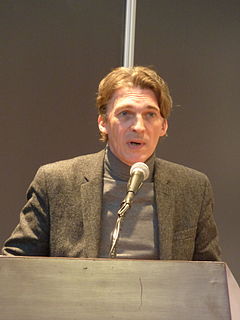A Quote by George Scialabba
Modernity is the ensemble of changes - intellectual, political, economic, social, cultural, technological, aesthetic - that have altered the world drastically since roughly the 17th century, until which time the world was, in the above respects, far less different from the world of any previous epoch of recorded history than it is from the world of today. The modern predicament is the set of problems these changes have bequeathed us.
Related Quotes
The world has changed far more in the past 100 years than in any other century in history. The reason is not political or economic but technological-technologies that flowed directly from advances in basic science. Clearly, no scientist better represents those advances than Albert Einstein: TIME's Person of the Century.
As far as many statistical series that are related to activities of mankind are concerned, the date that divides human history into two equal parts is well within living memory. The world of today is as different from the world I was born in as that world was from Julius Caesar s. I was born in the middle of human history, to date, roughly. Almost as much has happened since I was born as happened before.
The reason for teaching history is not that it changes society, but that it changes pupils; it changes what they see in the world, and how they see it.... To say someone has learnt history is to say something very wide ranging about the way in which he or she is likely to make sense of the world. History offers a way of seeing almost any substantive issue in human affairs, subject to certain procedures and standards, whatever feelings one may have.
Today’s milestone is human madness. Politics is a part of it, particularly in its lethal outbursts. Politics is not, as it was for Hannah Arendt, the field where human freedom is unfurled. The modern world, the world of world war, the Third World, the underground world of death that acts upon us, do not have the civilized splendor of the Greek city state. The modern political domain is massively, in totalitarian fashion, social, leveling, exhausting. Hence madness is a space of antisocial, apolitical, and paradoxically free individuation
In a world facing the revolt of ragged and hungry masses of God's children; in a world torn between the tensions of East and West, white and colored, individuals and collectivists; in a world whose cultural and spiritual power lags so far behind her technological capabilities that we live each day on the verge of nuclear co-annihilation; in this world, nonviolence is no longer an option for intellectual analysis, it is an imperative for action
The problems in the world today are not political problems, they are not economic problems, and they are not military problems. The problems in the world today are spiritual problems. They have to do with what people believe. They have to do with our most fervently held thoughts and ideas about Life, about God, and most of all, about ourselves, and our very reason for living.
For the other end of the spectrum, the 50 to 85 percent of the world's population who are not the recipients of privilege, the world they know is almost certainly worse than any their earlier counterparts knew. It is likely they are worse off materially, despite the technological changes. In substantive as opposed to formal terms, they are more, not less, subject to arbitrary constraints, since the central mechanisms are more pervasive and more efficient. And they bear the brunt of the various kinds of psychic malaise, as well as of the destructiveness of civil wars.
If a little less time was devoted to the translation of letters by Julius Caesar describing Britain 2000 years ago and a little more time was spent on teaching children how to describe (in simple modern English) the method whereby ethylene was converted into polythene in 1933 in the ICI laboratories at Northwich, and to discussing the enormous social changes which have resulted from this discovery, then I believe that we should be training future leaders in this country to face the world of tomorrow far more effectively than we are at the present time.
Artists are looking for a new modernity that would be based on translation: What matters today is to translate the cultural values of cultural groups and to connect them to the world network. This “reloading process” of modernism according to the twenty-first-century issues could be called altermodernism, a movement connected to the creolisation of cultures and the fight for autonomy, but also the possibility of producing singularities in a more and more standardized world.
Now more than ever the world has to come together to make changes. Just because certain cultures have had long-standing traditions does not mean that in today's world they are acceptable any longer. The world and the environment are evolving and that means we must change our ways as human beings as well.




































